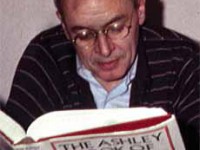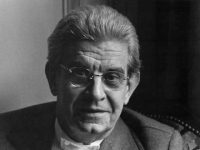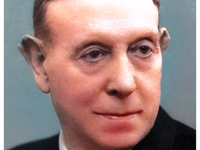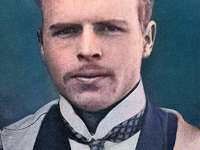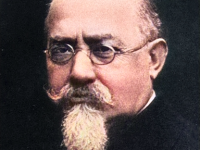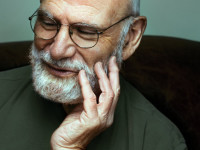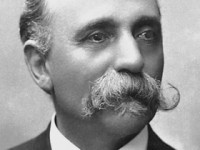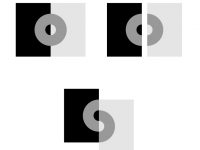R. D. Laing and the Anti-Psychiatry Movement
On August 23, 1989, Scottish psychiatrist Ronald David Laing passed away. Laing is noted for his alternative approach to the treatment of schizophrenia. His first book, The Divided Self, was an attempt to explain schizophrenia by using existentialist philosophy to vividly portray the inner world of a schizophrenic, which Laing presented as an attempt to live in an unlivable situation. Laing’s views on the causes and treatment of serious mental dysfunction, greatly influenced…
Read more

